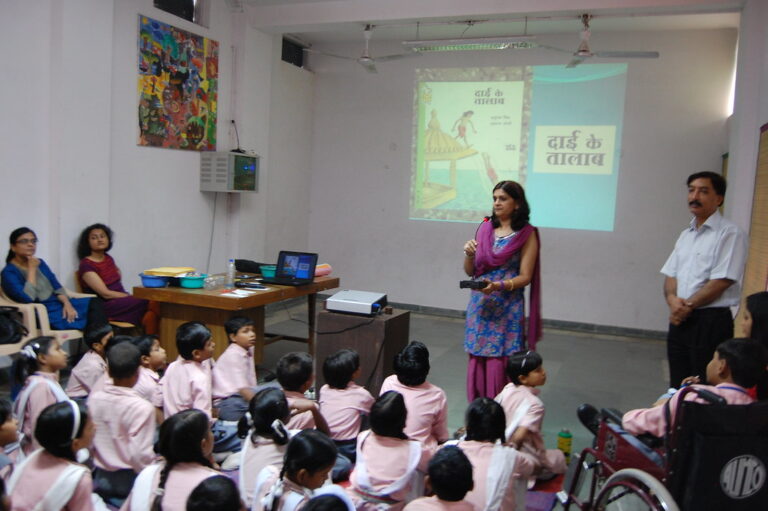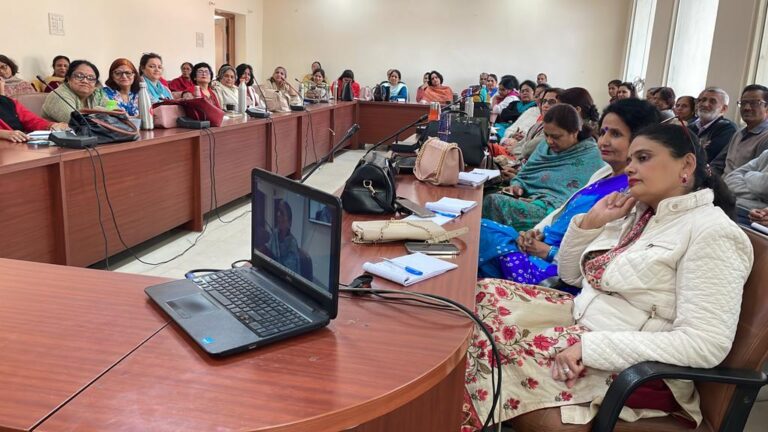Understanding NPST: National Professional Standards for Teachers
The National Professional Standards for Teachers (NPST) is a landmark initiative developed by the National Council for Teacher Education (NCTE) under the Ministry of Education as part of the implementation of the National Education Policy (NEP) 2020. It serves as a unified framework to define what constitutes quality teaching in India and provides clear expectations for teachers at every stage of their professional journey. understanding NPST is as important as understanding NEP2020 to improve quality of Education.
Purpose of NPST
NPST aims to:
- Define professional expectations for Indian teachers in a structured and measurable manner.
- Ensure consistency and quality across all levels of school education.
- Provide a developmental pathway for teachers through a competency-based career progression system.
- Align pre-service and in-service teacher education with current educational goals and 21st-century learning needs.
Key Components of NPST (for Understanding NPST)
1. Three Core Standards
NPST is structured around three key professional standards:
- Standard 1: Core Values and Ethics
Emphasizes integrity, inclusivity, commitment to learners, and a strong ethical foundation.
- Standard 2: Professional Knowledge and Practice
Focuses on subject knowledge, pedagogy, child development, inclusive practices, and effective teaching strategies.
- Standard 3: Professional Growth
Encourages reflective teaching, collaboration, continuous learning, and leadership in the teaching profession.
2. Career Stages
The NPST outlines three progressive levels in a teacher’s career, each with distinct competencies:
- Proficient Teacher (PRT, TGT, PGT Levels)
Beginning and early-career educators expected to demonstrate foundational teaching competencies.
- Advanced Teacher
Experienced educators who refine instructional methods and mentor peers.
- Lead/Expert Teacher
Teacher leaders who demonstrate innovation, coach others, and contribute to school development.
3. Continuous Professional Development (CPD)
NPST reinforces the NEP 2020 mandate of a minimum of 50 hours of CPD annually. These are to be aligned with the NPST standards and career stage of the teacher.
4. Assessment and Portfolios
Teachers will maintain professional portfolios showcasing their learning, innovations, and impact. Schools may use peer reviews, classroom observations, and feedback tools to assess teacher growth in alignment with NPST.
Relevance to NEP 2020 (for Understanding NPST)
NPST operationalizes several NEP 2020 goals:
- Reforming teacher education and professional development.
- Establishing National Mission for Mentoring and National Digital Platforms for teacher learning.
- Creating a transparent and fair appraisal and promotion system based on standards, not tenure.
Implementation Strategy
- Schools must orient their leadership and teachers on NPST expectations.
- District-level resource groups will support implementation.
- DIETs and SCERTs will integrate NPST into teacher training programs.
- Digital tools (under NCTQ) will aid in recordkeeping, mentorship, and appraisal alignment.
Conclusion
Understanding NPST is the first step in reimagining the role of the teacher in India’s evolving education system. It is not a checklist, but a professional vision—supporting teachers in their journey from competence to excellence. For school leaders, NPST offers a robust structure to guide teacher development and ensure classroom transformation. To understand its implication my another article linked here may help you!
For Integration of NPST into the School System- click here!
For Implemetation of NPST- Click here!
Original document on NPST by NCTE- click here!
To visit NCTE website Click here!
Rajni is an accomplished education professional who holds a PhD in Education and MPhil and MA degrees in Economics. She has extensive experience in research, having published over 16 research articles in peer-reviewed journals and contributed to articles in an edited book. Additionally, Rajni has authored a book in the field of education.
Rajni is passionate about making a difference in the field of education. She is an aspirant who is eager to do something innovative and valuable and is constantly striving towards creating a positive impact. She believes that education is a powerful tool which can change lives and that every student deserves access to quality education.
Rajni has a strong work ethic and a deep commitment to her profession. She is driven by her passion to learn, explore and contribute to the growth of the education sector. Her knowledge and experience in Economics and Education, combined with her intellectual curiosity and research skills, place her in a unique position to push the boundaries and creatively tackle complex challenges in the education field.
Overall, Rajni is an accomplished and driven professional who is poised to continue making a meaningful contribution in the field of education.



Howdy this is kinda of off topic but I was wanting to know if blogs use WYSIWYG editors or if you have to manually code with HTML.
I’m starting a blog soon but have no coding skills so I wanted
to get advice from someone with experience.
Any help would be greatly appreciated!
Hi there just wanted to give you a quick heads up.
The text in your post seem to be running off the screen in Internet explorer.
I’m not sure if this is a format issue or something to do with internet browser
compatibility but I figured I’d post to let
you know. The design and style look great though!
Hope you get the problem solved soon. Many thanks